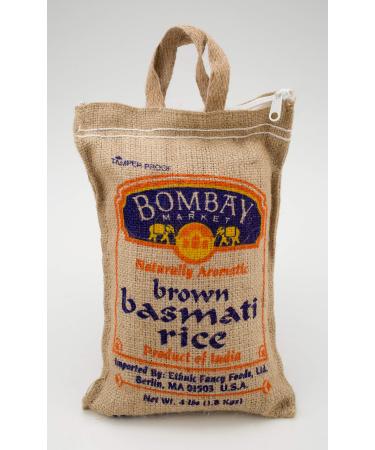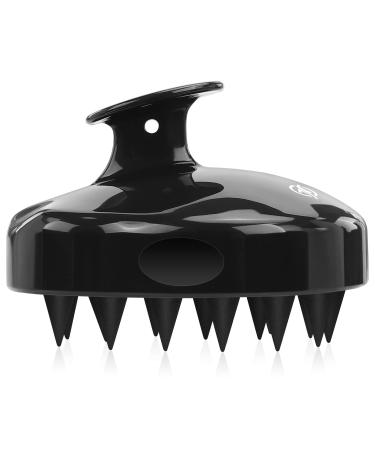There is only one definitive answer to this question. Yes, brown basmati rice is a great grain in every sense of the word. Brown basmati rice is one of the most amazing types of grains there are. The elements it contains can be used to make many tasty dishes. The Raw Brown Basmati Rice from Food To Live is an organic product sourced in the US. This means that we oversee its quality from the very beginning of its journey to your table. We always do our best to provide that the grain retains most of its nutritional value, so the processing it undergoes is minimal. The Food To Live facility is organic and we uphold the highest health and safety standards to provide you with delicious, safe, and contaminant-free products. Is Brown Basmati Rice Gluten-Free Indeed it is! Rice is a gluten-free grain by default. Therefore, anyone with a sensitivity to this particular element can use it as a substitute for wheat. The brown rice pasta, in particular, would be a fantastic choice for everyone interested in weight management as it's packed with dietary fiber. Brown rice noodles taste absolutely fantastic and are very easy to cook, so you might try them next time you want to impress surprise guests. The best thing about this grain is that it goes well with anything, so you can serve rice as a side at any dinner or add a cup of cooked basmati kernels to a salad. Brown Basmati Rice Nutrition Profile The first and foremost benefit of brown basmati rice is that it's much more nutritious than its milled down white variety. Just to give you some example, it contains:
- 80% more of the vitamin B1
- 67% more of the vitamin B3
- 90% more of the vitamin B6
- 50% more manganese
- 50% more phosphorus
- 60% more iron
Of all the nutrients contained in brown basmati rice, it holds the largest amounts of:
- Manganese
- Selenium
- Phosphorus
- Copper
- Magnesium
The amounts of B vitamins and vitamin E are also very high. Vegans, vegetarians, and all people who generally don't care for seafood and fish can look at brown basmati rice as an alternative source of selenium.
Brown Basmati Rice Calories One of the main reasons why brown basmati rice (organic in particular) makes such an amazing food is that a cup of cooked kernels contains only 216 calories. Considering the nutritional value of this product, it's a very low count and means that you definitely should consider making brown basmati rice your #1 grain. This won't be a hard decision seeing how this variety of rice tastes incredible and can be added to almost anything. There is even brown rice tea, which is considered a very special delicacy in Japan, a country with a notoriously low number of overweight residents.
How Much Basmati Rice Should You Eat Unlike some other foods, like nuts for example, brown basmati rice doesn't contain a lot of fats or some elements that may turn toxic in high concentrations. This means that there isn't some maximum allowed amount of it that you can eat in a day. Of course, if you are mindful of your diet, you already know that overindulging in anything is never a good idea. Generally, when cooking, people use ¼ cup of uncooked kernels per person. The amount may vary greatly depending on one's preferences or dietary needs. The majority of brown basmati rice recipes state the amount you'll need to use for a dish.








![Stewart Freeze Dried Dog Treats Made in USA [Single Ingredient Puppy and Dog Training Treats - Grain Free Natural Dog Treats] Resealable Tub to Preserve Freshness](https://www.gosupps.com/media/catalog/product/cache/25/small_image/375x450/9df78eab33525d08d6e5fb8d27136e95/6/1/61gwbbixarl._ac_sl1500_.jpg)







